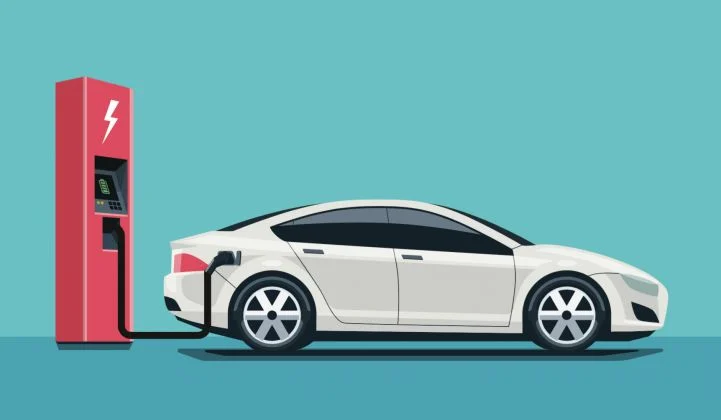Electric or Gas, What’s the Best Call
The inception of the first electric car in 1996 created a new market for environmentally conscious people with the desire to protect the world from the harmful effects that gas cars have on the atmosphere, and it wasn’t until 2008 that the mainstream market saw large sales of fully electric powered vehicles. Tesla, along with other electric and hybrid vehicle companies such as Prius, saw drastic increases in car sales in the last five years, and don’t expect a decline in the foreseeable future. However, the upward trend of electric vehicle sales begs the question, are these electric cars actually better than traditional gas powered vehicles when it comes to environmental and financial concerns?
The common belief that battery-powered vehicles are less harmful than gas-burning engines isn’t as black and white as many believe. When making any car, the smelting of aluminum, manufacturing of parts, and assembly of the vehicle produce copious amounts of carbon emissions. However, unlike gas-powered vehicles, electric vehicles like Tesla run on a lithium-ion battery. The manufacturing of lithium ion batteries requires materials which can only be obtained via extensive mining, which in turn produces even more greenhouse gasses. According to The Wall Street Journal, the production of a Tesla fully electric car induces nearly 65% more emissions than the production of an average gasoline-powered car (Kuronen).
Apart from the environmental aspect, the cost of these electric vehicles is what seems to be most deceiving to people. According to the Idaho National Laboratory, a Tesla can travel 43 miles for $1.00, while the average gas car with 22 mpg and a gas price of $2.50/gal would only travel 9 miles for the price of $1.00 (INL). However, the price of gas and electricity is constantly changing, so these numbers are in no way set in stone. This does not change the fact that, on average, a Tesla can travel 4 times further than a gas car for the same price. According to Elon Musk, the CEO of Tesla, the average Tesla battery should last for about 300,000 to 500,000 miles. Also, with the price of gasoline being $4.32/gal as of April of 2022, these electric vehicles are more desirable than ever (Mendoza).
Although the motor vehicle industry hasn’t made many major changes to the foundation of these vehicles since they first began mass production, the rise in gas prices, along with growing environmental concerns, is forcing these companies to make a change. Companies like Ford Motors, Audi, Cadillac, and many others have begun the process of producing and selling these electric vehicles. BMW has even said that “full electrics and plug-in hybrids will account for 25 percent of sales by 2025”(Markus). The hype surrounding electric cars doesn’t seem to be deceitful, and major changes are expected to arise in the motor vehicle industry within the next few years.

Ryan Ertlschweiger is a senior at South Lakes High School and this is his third year being a part of The Sentinel. Ryan plays baseball at South Lakes and...












